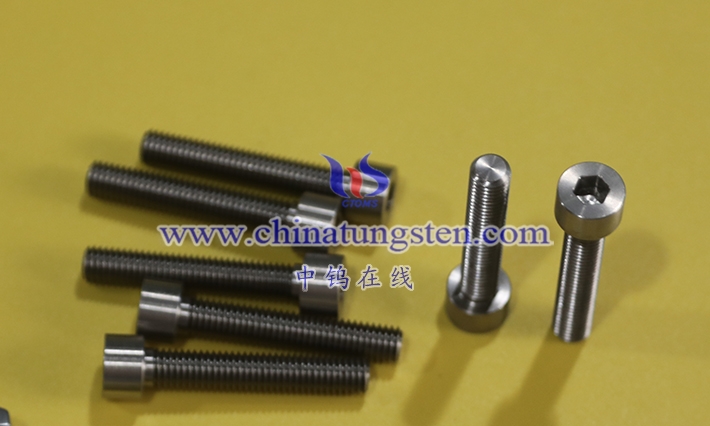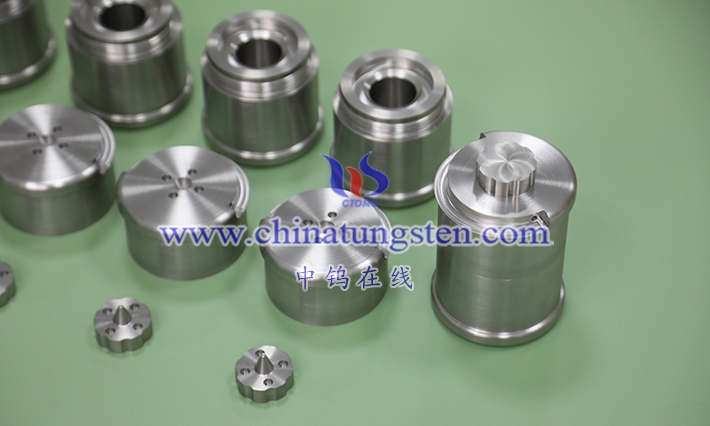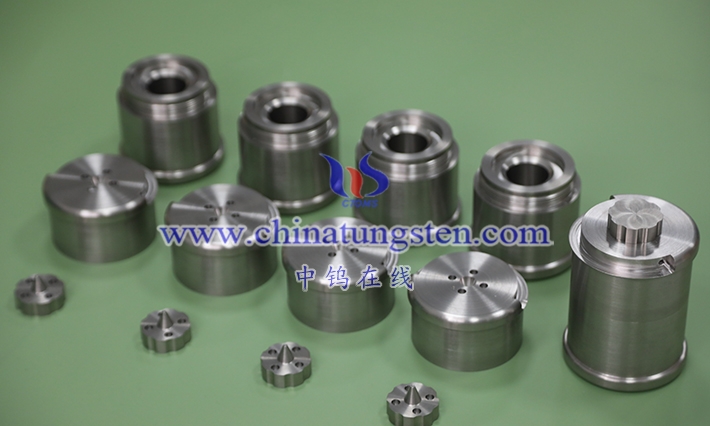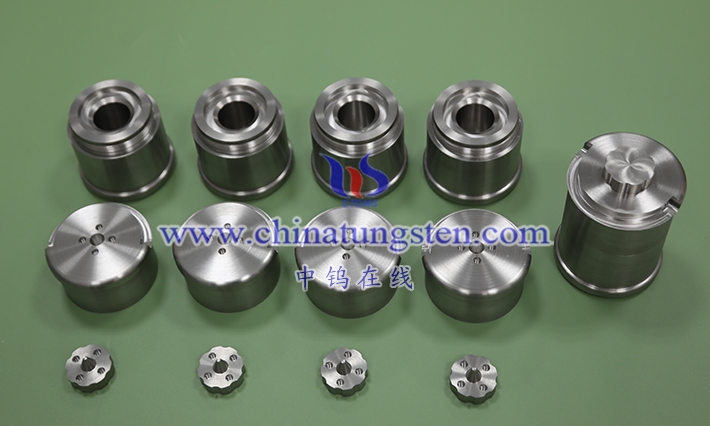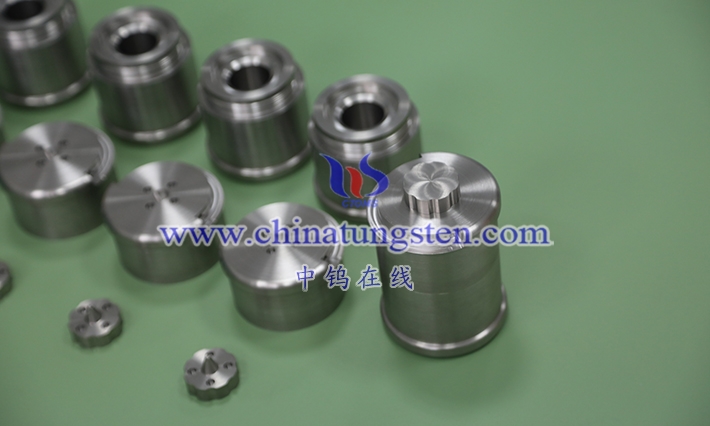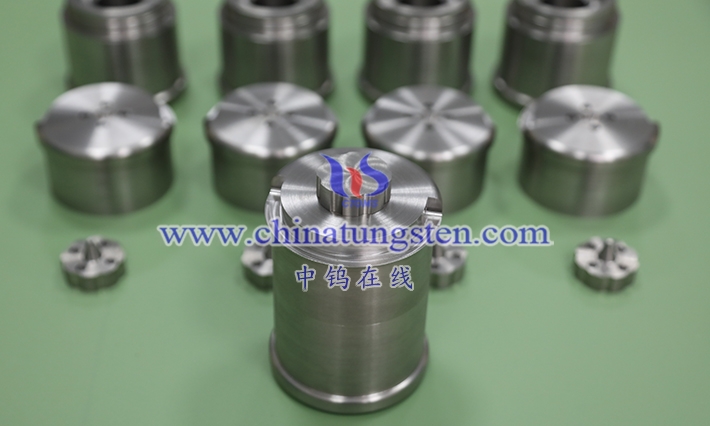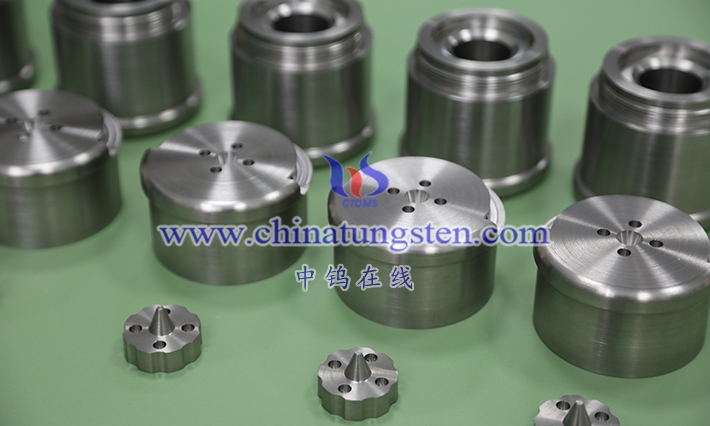What characteristics does the strength of tungsten alloy screws have? It stands out for high tensile strength, high yield strength, and high-temperature strength stability. First, high tensile strength: Typical values 900-1500MPa, far exceeding steel screws (600-800MPa), derived from tungsten grain reinforcement and matrix phase toughening, suitable for high-torque fastening like aircraft engines. Second, high yield strength: 500-1000MPa, resisting plastic deformation, ensuring no bending under load, powder metallurgy optimizing grain refinement to enhance this characteristic. Third, high-temperature strength characteristics: Maintains high strength above 1650°C without softening, melting point 3422°C, suitable for high-temperature furnace fixation. Fourth, strong compressive strength: Up to 1200MPa or more, pressure-resistant, stable in radiation shielding applications. Fifth, strength related to density: Density 16-19g/cm³ providing high strength-to-weight ratio, superior to titanium alloys. Characteristics also include good uniformity, no directional differences, strength increase 20% after forging. Compared to pure tungsten, alloy strength is more balanced, avoiding brittleness. These characteristics make tungsten alloy screws reliable in defense and medical fields, advancing high-performance designs.
